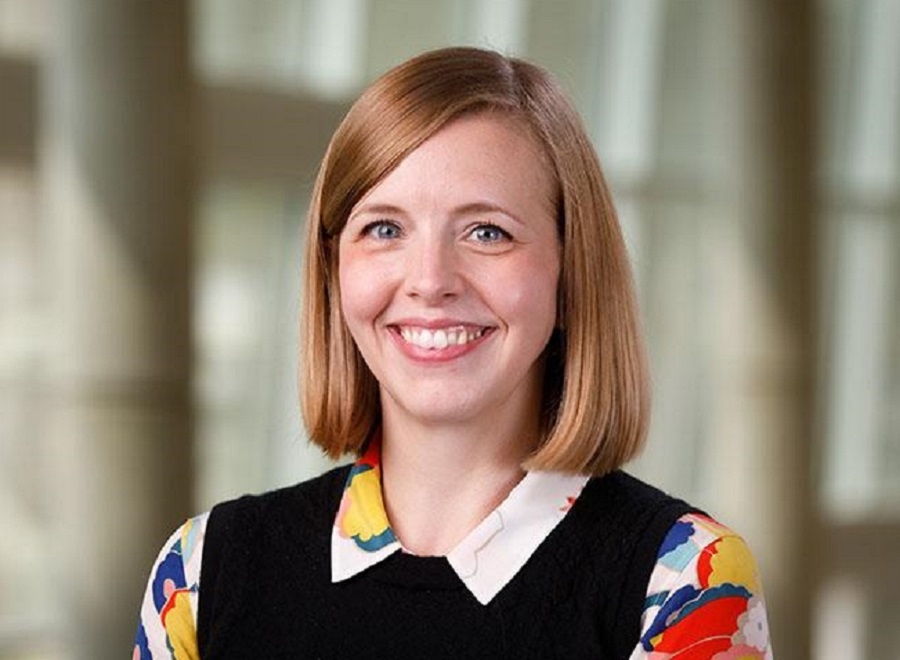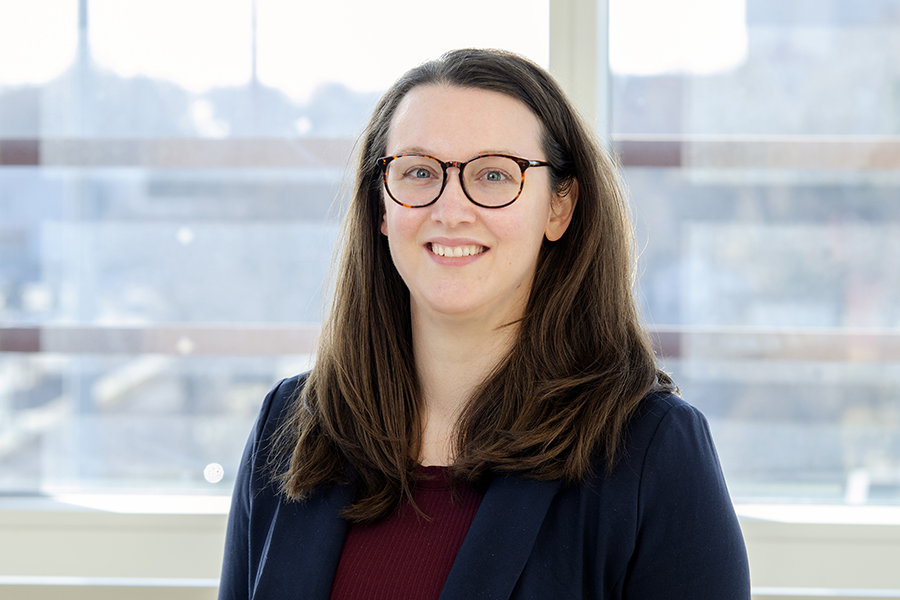Hospice and Palliative Medicine Fellowship Curriculum
The mission of the UNMC fellowship in hospice and palliative medicine is to train physicians to become:
- Expert clinicians in team-based, whole person symptom management.
- Expert communicators and educators in supporting patients, families, and colleagues.
- Leaders within health systems at a local, regional, and national level with regards to navigating the complex course of serious illness.
At the end of the fellowship, graduates will be eligible for board certification in Hospice and Palliative Medicine and can pursue careers focused on providing Palliative Care to either pediatric or adult patients in inpatient and outpatient settings in either academic or community practice.
Program Information
The core didactics consist of roughly 40 topics ranging from current issues in palliative and end-of-life care, pain, and non-pain symptom management, to ethics, and care systems. The program also has a growing series of lectures focused on the cross section between palliative medicine and other subspecialties such as oncology, nephrology and cardiology.
Fellows also have an opportunity to participate in our division's lecture series on medical direction and quality improvement. Fellows are required to attend weekly core didactics and/or case/board review sessions, quarterly journal club and quarterly research conferences. Additionally, the program hosts communication skill-building sessions that utilize standardized patients and fellows participate in training sessions that utilize methods rooted in improv.
Our program also hosts a monthly book club series that focuses on personal and professional growth, mindfulness, and self-reflection. Book titles include: "Thanks for The Feedback," "The Thin Book of Trust," "Permission to Feel," "Crucial Conversations" and "Daring Greatly."
Fellows have the opportunity to attend the Annual Assembly for the American Academy of Hospice and Palliative Medicine.
The core clinical rotations include Outpatient Palliative Medicine, Community Hospice Care and Inpatient Palliative Consultations (adult and pediatric).
The fellows will also have meaningful clinical experiences with other specialties, including Post-Acute and Long-Term Nursing Home Care, Pain Medicine, Oncology, Addiction Medicine and Wound Care.
Duration: eight months
Fellows will see patients admitted to either the Omaha VA or Nebraska Medicine with palliative care consults. The fellow will staff directly with the palliative medicine attending. Skills learned over the rotation will include:
- Working as a consultant
- Comprehensive symptom assessment and management
- Assessment and management of issues around capacity for medical decision-making
- Helping patients and families develop prognostic awareness
- Eliciting the values and preferences of patients and families
- Making recommendations based on patient preferences
- Discussing advance care planning and recommending completion of forms such as advance directives and physician orders for life-sustaining treatment, as applicable
- Discussing and recommending a transition to hospice when applicable
- With progressive responsibility, teaching residents and medical students
Home Hospice
Duration: two-and-a-half months
Fellows will perform home visits with various members of the hospice team and attend weekly interdisciplinary team meetings. Fellows will work in an observational role and, over time, will start to make the plan of care for patients and field calls about patient care during normal business hours. Skills learned over the rotation will include:
- Working with an interdisciplinary team
- Comprehensive symptom assessment and management
- Assessment and management of issues around capacity for medical decision-making
- Hospice qualifications for initial admission and subsequent recertification
- Regulatory issues around hospice compliance and payment structure
Pediatric Palliative Care Inpatient Consults
Duration: one week
This rotation is in collaboration with the “Hand in Hand” Team at Children's Nebraska. Fellows will largely serve in an observational role to better understand the similarities and differences between palliative medicine in the adult and pediatric patient populations. Learning goals over this rotation are largely related to perspectives around:
- Family systems with coping with serious illness
- Family systems with medical decision-making
- Explaining death to a child at various ages
- The varying scope of practice of palliative medicine in the pediatric patient population
- Special considerations around the hospice benefit in the pediatric patient population
Note: Pediatrics-focused fellows will spend 60%-70% of their inpatient consults time with the Children's Nebraska Team providing direct patient care.
Ambulatory Palliative Care Experience
Duration: one half-day weekly for the first six months
Fellows will have progressive responsibility in this experience, from observation to direct patient care with the goal of following patients longitudinally in the ambulatory setting. Fellows will staff directly with the attending. Skills learned over this longitudinal experience will include:
- Working with referring providers in a co-management role
- Comprehensive symptom assessment and management
- Eliciting preferences around prognostic disclosure
- Helping patients and families develop prognostic awareness
- Providing support and coping strategies for patients and families
- Eliciting the values and preferences of patients and families
- Making recommendations based on patient preferences
- Discussing advance care planning and recommending completion of forms such as advance directives and POLST as applicable
- Discussing and recommending a transition to hospice when applicable
Oncology Inpatient Consults
Duration: two weeks
This rotation serves as a capstone clinical experience at the end of the fellowship year, as fellows will be nearly ready for independent palliative medicine practice. Fellows will work with the oncology consult team in the inpatient setting to see patients admitted with advanced cancers. Fellows will staff directly with the oncology attending with Dr. Melissa Teply available for indirect supervision. Skills learned over the rotation will include:
- Serving as an embedded palliative medicine specialist on the oncology consult team
- Coordination of communication between the inpatient and outpatient oncology providers and settings
- Comprehensive symptom assessment and management
- Helping patients and families develop prognostic awareness
- Eliciting the values and preferences of patients and families
- Making recommendations based on patient preferences
- Discussing advance care planning and recommending completion of forms such as advance directives and POLST as applicable
- Discussing and recommending a transition to hospice when applicable
Long-Term Care Experience
Duration: three weeks
Fellows will have a panel of patients that they follow longitudinally. Fellows will staff directly with the attending. Skills learned over this longitudinal experience will include:
- Working with an interdisciplinary team to provide patient care
- Assessment and management of issues around capacity for medical decision making
- Working with families to provide support, elicit values and preferences, and make personalized recommendations on patient care
- Discussing advance care planning and recommending completion of forms such as advance directives and physician orders for life-sustaining treatment, as applicable
- Assessing and adjusting goals of care over a longitudinal time period (e.g. decisions about going back to the hospital and when to transition to hospice)
Electives
Duration: two weeks
Elective experiences will be scheduled toward the end of the fellowship year in order to allow fellows time to create a personalized learning experience. Elective opportunities are available in ethics, geriatrics, oncology, neurology, expanded time in any of the required rotations, or other learning experiences that the fellow identifies.

Melissa L. Teply , MD
Fellowship Program Director

Shelby Hopp, MD
Associate Program Director